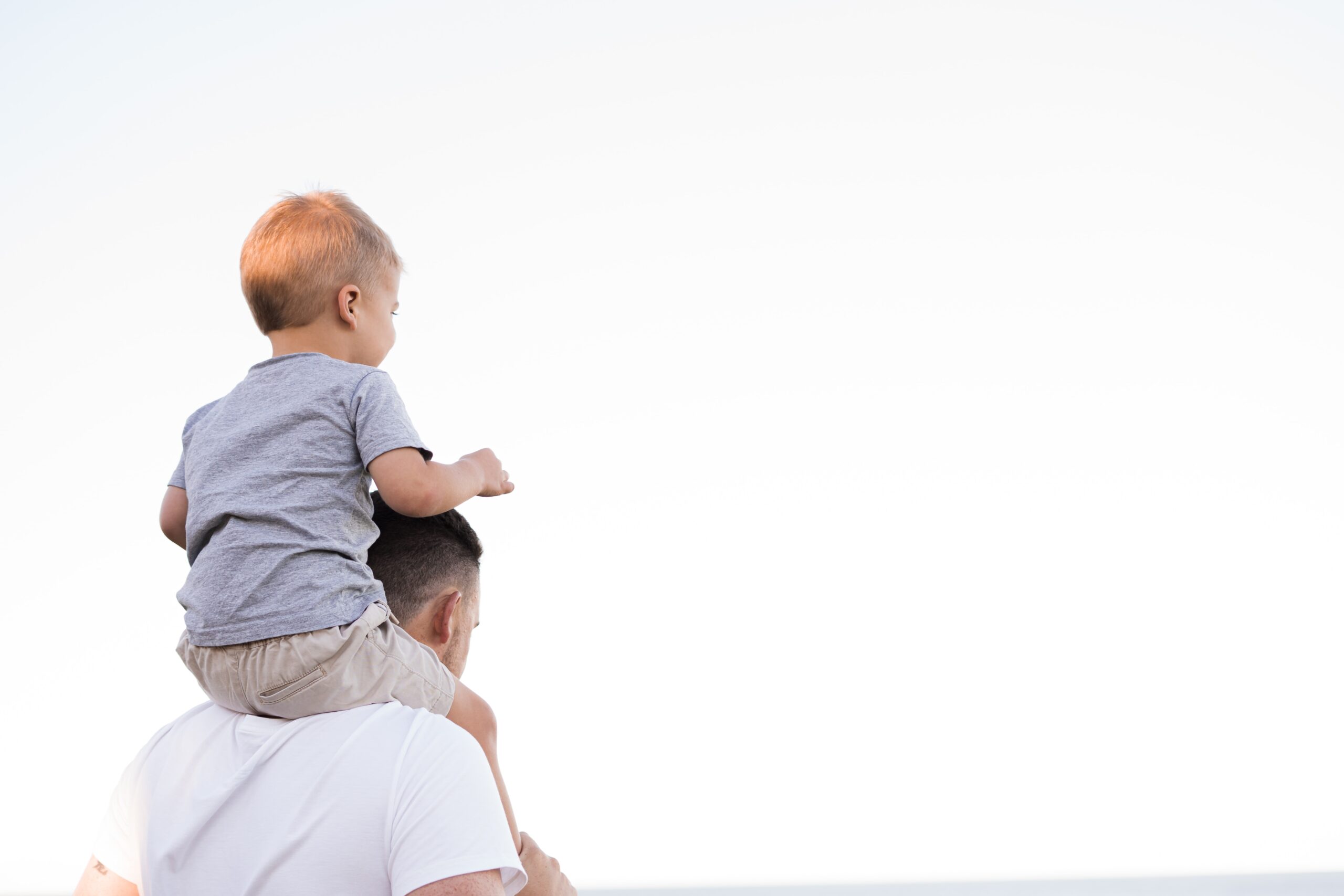Children of alcoholic parents can often suffer and many of the side effects of one or more parents in active addiction can go unnoticed in a child’s behavior. For example, children of alcoholic fathers can feel like they are different from other kids. This may not be outwardly obvious but felt internally and can express itself as isolation, shyness, depression, fear of authority and communication issues. They may be embarrassed about their parents behavior and unwilling to invite classmates over to their homes. They may suffer abuse at home at the hands of alcoholic parents.
Father’s play such an important role in the world. They offer security and guidance, children look to their fathers for protection. Children of actively alcoholic Dads can and will feel responsible for filling in or taking place of those missing factors in their home and will take on these duties for themselves which can make it more difficult to enjoy the simplicity of childhood. Focusing on school and sports or activities rather than protecting siblings or Mom and stepping into the shoes of their absent father.
Alcoholism is a beast. Drug addiction destroys families. This is not new and this is not judgement. This is a fact.
According to Psych Central, some 28 million children have at least one alcoholic parent. Children who grow up in alcoholic homes run a much higher risk at becoming alcoholic themselves. As studies show this can be attributed to genetics but has a healthy amount of environmental influence in the development and especially during formative years.
The good news is that studies also show that when father’s recover, children have a strong chance of rebuilding communication skills and coping mechanisms. Father’s in recovery play a huge role in the lives of their children and can serve as a positive example to kids that change is possible. That redemption is important and that men can show emotion, can admit their faults, can turn a weakness into a strength. According to Mark Sanders, LCSW, CADC, “When fathers recover, their children can improve emotionally, psychologically, and academically, and also become more optimistic.”
Father’s in recovery also learn how to effectively manage and recover from guilt. This is so major because many men in recovery suffer from the guilt of being absent in their children’s lives. In recovery, they get to not only make up for lost time but connect with their kids in a whole new way. To accept themselves, their pasts, and take responsibility for their futures.


